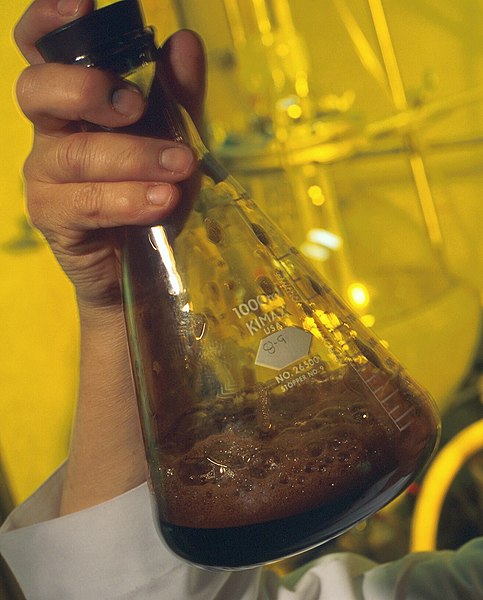Infinite photos and videos for every Wiki article ·
Find something interesting to watch in seconds
Wars and Battles
Celebrities
Kings of France
British Monarchs
Crown Jewels
Orders and Medals
History by Country
Great Artists
Sports
Richest US Counties
Largest Empires
Animals
Ancient Marvels
Wonders of Nature
Presidents
Great Museums
Supercars
Recovered Treasures
Largest Palaces
Rare Coins
Best Campuses
Countries of the World
World Banknotes
Great Cities
Famous Castles
Tallest Buildings
more top lists






